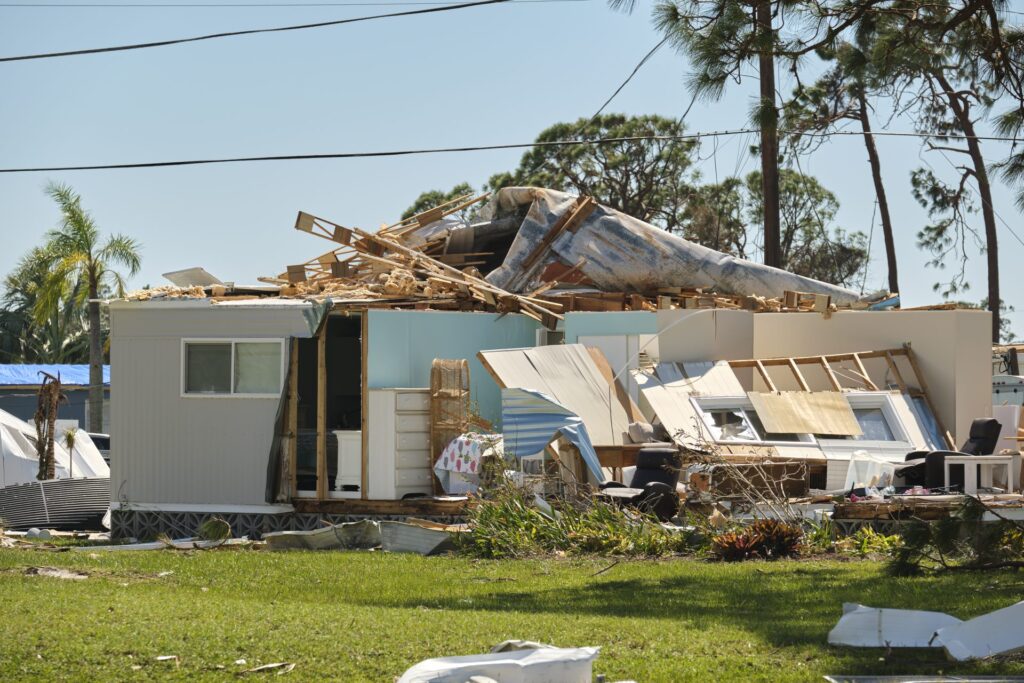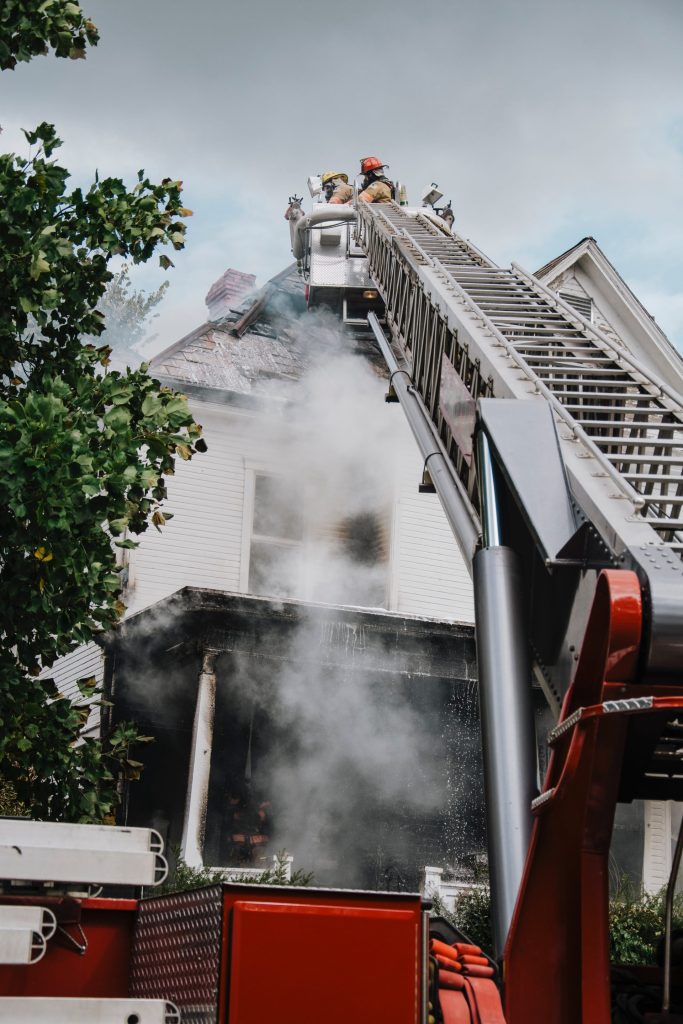If your home is damaged in a hurricane, a tornado, or any other catastrophic weather event in Texas, and if you file a property damage claim with your homeowners’ insurance company, you may also need the advice and services of a San Antonio storm damage attorney.
If your wind-related property damage claim is undervalued, delayed, or rejected by your insurance company, you’ll need a storm damage lawyer who knows how to take on your homeowners’ insurance company and how to negotiate an acceptable settlement on your behalf.
What is important to know about wind-related insurance coverage and damage claims? What are your rights when you file a wind-related property damage claim, and what happens if your insurance company rejects that claim? Keep reading, and you’ll find the answers you may need.
What Does Your Insurance Cover?
It cannot be stressed strongly enough that the details and “fine print” of your homeowners’ insurance coverage are important. While the law in Texas does not require windstorm coverage, homebuyers in areas at high risk for wind damage may need it to obtain mortgage approval.
Several types of wind damage are not covered by many homeowners’ policies. In high-risk areas of Texas, for instance, wind and hail damage may not be covered by a standard homeowner’s policy, and many homeowners may need to purchase a separate wind and hail damage policy.
What Are “Straight-Line” Winds?
Straight-line winds typically accompany severe thunderstorms in Texas. Occurring in downdrafts, downbursts, gusts, and larger storm systems, straight-line winds are winds of 58 miles per hour or higher that move in one direction and do not revolve like tornado winds.
When all of the damage from a severe weather event points in the same direction, that damage was caused by straight-line winds. However, property damage from tornadoes is different. Tornado damage is random, scattered, and it leaves debris pointing in every direction.
It’s always smart to have your homeowners’ insurance agent explain the details of your policy and your wind damage coverage. Especially in Texas, where every kind of weather can happen, every homeowner needs to have comprehensive wind damage coverage.
What Should You Do When Wind Damage Happens?
Most homeowners’ insurance policies require you to take quick action after a catastrophic weather event. Take photographs of your property damage, submit your claim promptly, and keep a record in writing of your conversations and correspondence with the insurance company.
Even before you file a wind-related damage claim, you should consult a San Antonio storm damage attorney. Your insurance company is more likely to pay your claim fully and quickly if the company knows that you’ve retained an attorney to negotiate on your behalf.
Especially when an insurance company receives thousands of claims after a catastrophic weather event, the company may try to reduce what it pays out. In such circumstances, homeowners can expect their claims to be met with lowball offers, and in some cases, claim denials.
That’s why it is so critical to read and understand every line of your policy, so that you know what wind damage is covered and what may require added coverage. If you know your policy, and your claim is denied, you will know whether the insurance company made the right decision.
If Your Wind Damage Claim is Not Handled Properly
After a severe weather event, too many insurance companies reject property damage claims – or will not pay the full amount that those claims are worth – and that makes it difficult for many Texas families and businesses to recover from wind damage and repair their properties.
If your wind-related damage claim isn’t handled the right way by the insurance company, and if you did not consult an attorney before filing your claim, reach out to a San Antonio property damage claims attorney, and ask the attorney to explain your rights and handle your claim.
When a homeowners’ insurance company does not meet its responsibilities to you as a policyholder, ignores your phone calls, makes excuses, and has not paid your claim after six or eight weeks, your insurance company may be acting in bad faith.
What is Insurance Bad Faith?
You may be dealing with insurance bad faith after a catastrophic weather event if your insurance company fails to:
- investigate your damage claim quickly
- begin negotiations with you
- explain a denial of your claim
- either deny or pay the claim in a reasonable amount of time
- pay you the full amount that your claim is worth
What Can You Do About Insurance Bad Faith?
If you are dealing with insurance bad faith, retaining a property damage claims attorney and having your attorney write a letter to the insurance company is often enough to persuade the company to offer you a reasonable settlement.
If a letter doesn’t generate the right response, bringing a lawsuit may be necessary to obtain your payout. Insurance companies typically don’t like going to court because a company may be ordered to pay your attorney’s fee in addition to the amount of your original claim.
But if the company will not negotiate with you or with your attorney in good faith – or will not negotiate at all – your attorney will ask a court to order the insurance company to pay your claim.
What Else Should You Know About Wind-Related Property Damage?
In Texas, a two-year statute of limitations applies to any lawsuit related to the repair or replacement of damaged or destroyed property, but you shouldn’t wait two years to speak with a lawyer.
As mentioned previously, you should have legal help from the beginning – even before you file a claim. However, if you have missed the two-year deadline, your case may qualify under one of the limited (and complicated) exceptions to the deadline, so go ahead and speak to an attorney.
If you have sustained wind-related property damage, your first meeting with a storm damage attorney is offered without cost or obligation, and you’ll pay no fee to your attorney until and unless you are paid fully by your insurance company for your wind-related property damages.
In many cases, a court also will order an insurance company that has acted in bad faith to pay a policyholder’s legal fees as well as the full amount of the claim. After you sustain wind-related property damage in Texas, call a storm damage attorney at once, and put the law to work for you.
















